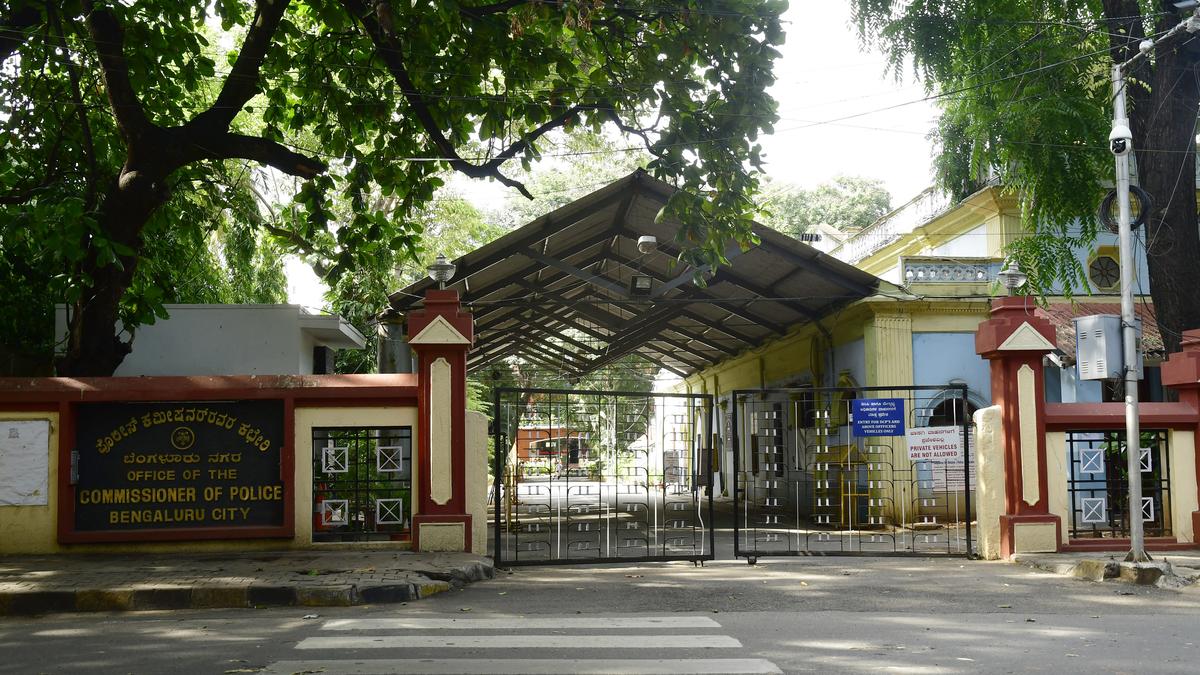Now Reading: Environmental Forum Criticizes Kerala’s 2025 Wildlife Protection Bill as Unscientific
-
01
Environmental Forum Criticizes Kerala’s 2025 Wildlife Protection Bill as Unscientific
Environmental Forum Criticizes Kerala’s 2025 Wildlife Protection Bill as Unscientific
Quick Summary
- The Coexistence Collective, a coalition of environmental organizations in Kerala, has condemned the proposed Kerala Wildlife Protection (Amendment) Bill, 2025.
- Allegations include claims that the bill is “anti-science,” “anti-conservation,” and “anti-people” while undermining biodiversity protections and institutional safeguards.
- Key concerns highlighted:
– Bypassing scientific studies, expert consultations, and legal precedents like the Kerala High Court ruling from 2024.
– The proposal grants unrestricted powers to the Chief Wildlife warden (CWW) for killing wild animals alleged to have injured humans without adhering to existing guidelines for capture or relocation first.- Potential consequences cited: mass killings of endangered wildlife due to political pressures, ecological imbalance, violation of global biodiversity commitments, and ignoring root causes like habitat destruction or deforestation.
- Environmentalists argue safeguards under existing laws are necessary for balanced conservation approaches; labeling government claims that current central laws delay action as false and populist rhetoric.
Indian Opinion Analysis
The debate surrounding Kerala’s Wildlife Protection Amendment Bill raises fundamental questions about balancing human safety with environmental conservation. While addressing human-wildlife conflict is essential – especially in regions prone to such incidents – delegating unchecked power for immediate lethal actions risks undermining critical ecological safeguards. Failure to consult scientific experts or conduct impact studies may lead not only to irreversible damage to biodiversity but also international scrutiny regarding India’s commitments under global conventions.
Furthermore, criticisms about ignoring habitat restoration solutions highlight long-term risks of worsening conflicts rather than addressing their roots sustainably.If accurately conveyed by activists’ concerns in this case (mass killings or generalized fear-based messaging), hasty legislative measures could alienate civil society groups advocating coexistence models.
A participatory approach involving local communities, ecologists, and policymakers could better navigate this complex issue while safeguarding broader ecosystem health alongside community rights.
Read more: Link
























